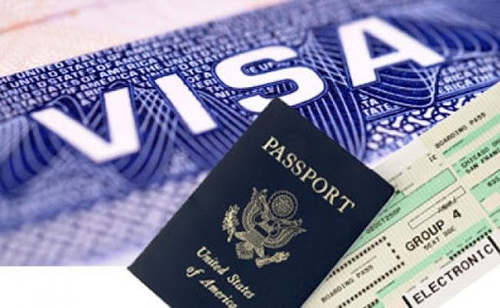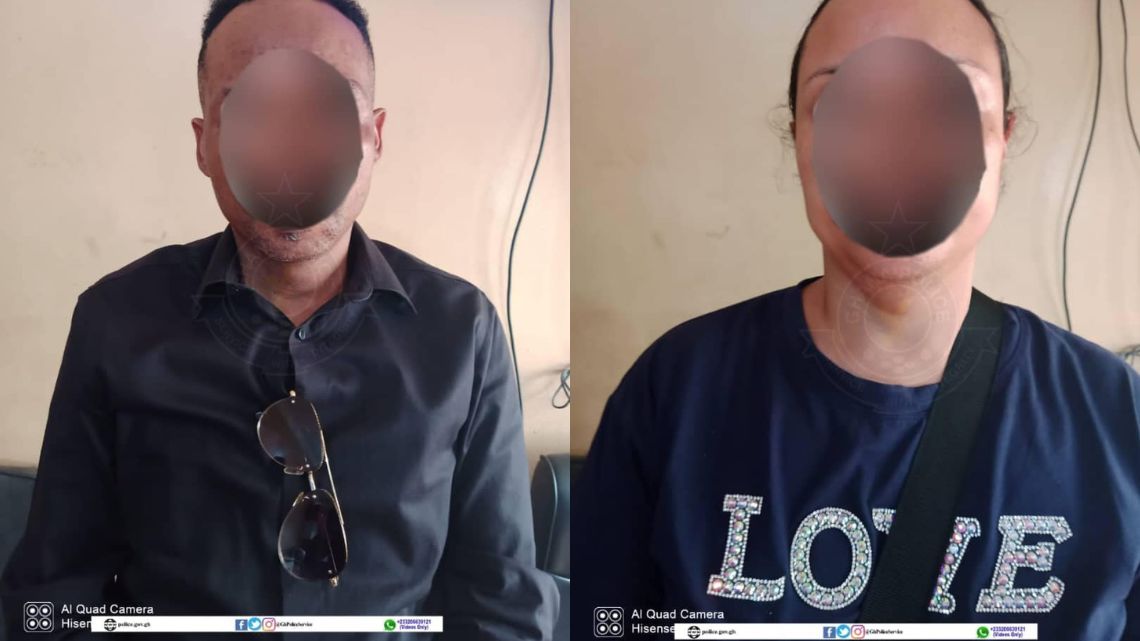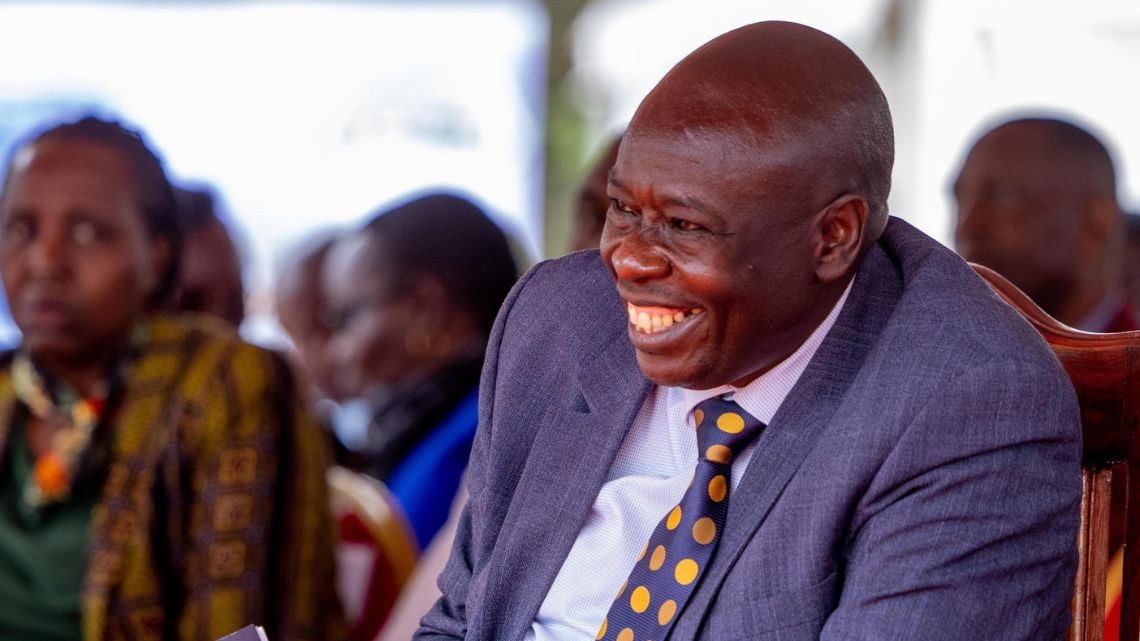Ghanaians seeking to visit or study in the United States are now confronted with tighter visa restrictions and new financial obligations following recent policy changes under the administration of former U.S. President Donald Trump.
A controversial new immigration law, the “One Big Beautiful Bill Act”, signed on July 4, introduces a non-refundable “visa integrity fee” of $250 for all non-immigrant visa applicants. This new fee applies to tourists, business travellers, students, and temporary workers from countries like Ghana, in addition to the existing visa application costs.
According to Section 10007 of the Act, the fee is mandatory and cannot be waived. However, non-immigrants may qualify for a refund if they adhere strictly to their visa terms—including timely departure no more than five days after their visa expires—or if they attain permanent resident status in the U.S.
Although fee collection mechanisms are yet to be implemented, U.S. officials say the measure will take effect within the 2025 fiscal year, starting October 1, 2024.
In a related development, the U.S. Department of State has revised the visa issuance guidelines for several countries, including Ghana. The new rules reduce the validity of B1/B2 (business/tourism) visas from five years multiple-entry to just three months single-entry. This also applies to F-1 student visa holders, who are now limited to one-time entry with three-month validity.
These changes stem from concerns over visa overstays, which U.S. authorities say have increased among Ghanaian travelers. A recent report noted that 1,910 out of 25,454 Ghanaian B1/B2 visa holders overstayed their permitted duration, while 537 out of 2,559 students and exchange visitors remained in the U.S. unlawfully.
As a result, Ghana has now been named among 36 countries flagged for possible inclusion in an expanded travel ban list, which the Trump administration claims is aimed at tackling terrorism, visa fraud, and non-compliance with deportation protocols.
Foreign Minister Samuel Okudzeto Ablakwa, in a media briefing on June 26, acknowledged that the U.S. State Department has raised 12 compliance benchmarks Ghana must meet to avoid the impending restrictions. These benchmarks relate to cooperation on deportation, anti-terrorism efforts, and curbing high overstay rates.
He stressed that Ghana is actively engaging with U.S. authorities to prevent a full travel ban. The Ministry of Foreign Affairs also issued a statement countering claims that Ghana triggered the revised U.S. visa reciprocity schedule. The statement affirmed that U.S. citizens continue to enjoy five-year multiple-entry visas to Ghana, and the country has maintained a 70.42% issuance rate for long-term multiple-entry visas.
Ghana’s government has pledged to continue strengthening diplomatic ties with the U.S. and address the causes of visa overstays among its citizens. Meanwhile, the U.S. Embassy in Accra has reiterated its openness to welcoming Ghanaians for legitimate travel, studies, and business, but warned that violations of visa terms carry serious consequences.








